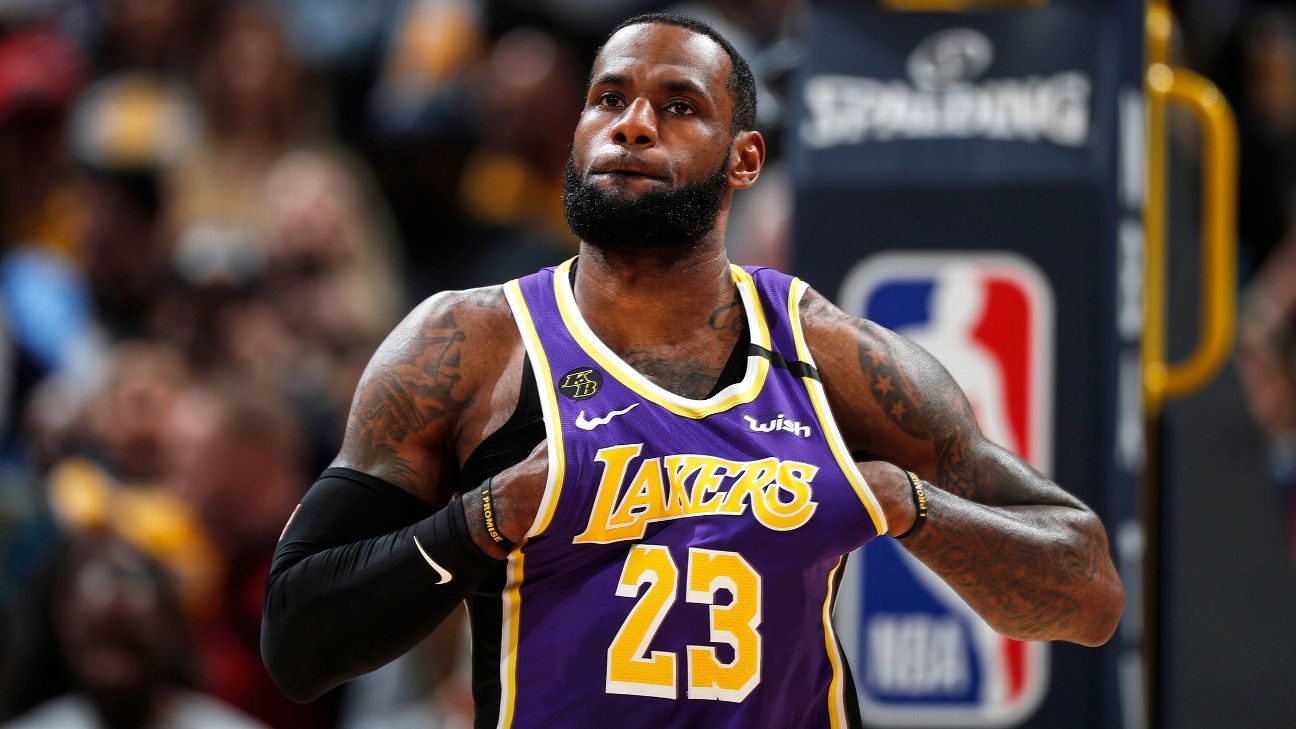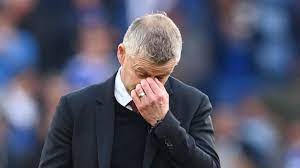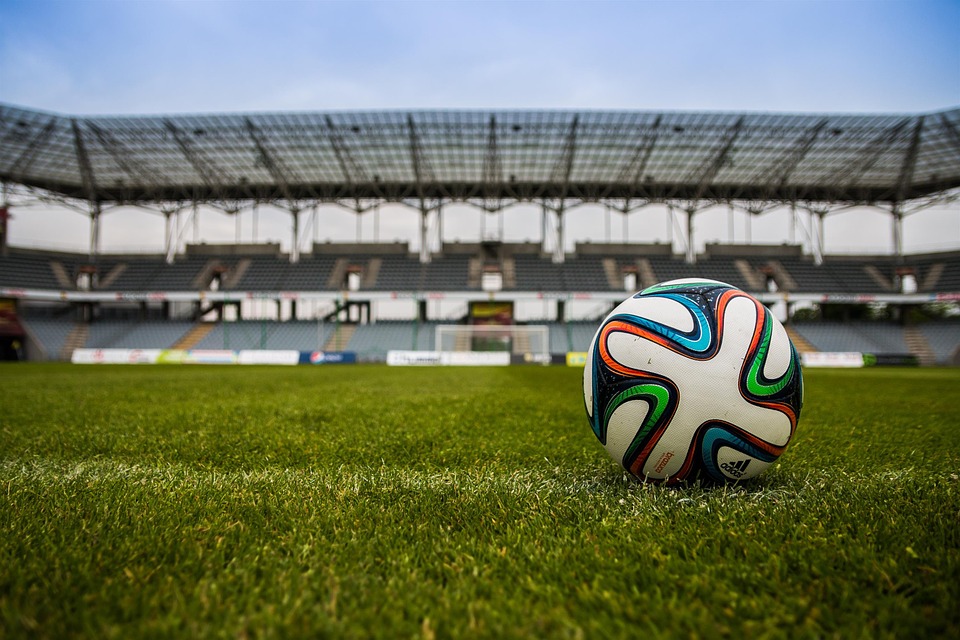CBD has been gaining attention in the sports world with features in major publications like Runner’s World and Outside magazine. CBD manufacturers are reaching out to athletes including former New England Patriots tight end Rob Gronkowski and three-time PGA Tour Champions Scott McCarron to demonstrate how like a regularly using CBD oil or other CBD-based products can help improve the game, no matter what sport an athlete plays. And for the best lines on all these games, make sure to check out BetOnline!
CBD is one of more than 100 different cannabinoids naturally occurring in the cannabis plant. It has many of the same potential benefits as THC, but unlike THC, it will not get you high.
How CBD Influences Athletic Performance
When it comes to CBD and sports, there haven’t been enough studies to make no doubt statements that athletes can use CBD to improve performance. But, in the studies that have been done, there are promising results for the athletes who use CBD. Plus, there is no evidence that using CBD could reduce performance or cause harm. So, if you’re worried about CBD thanking your next football game, you don’t have to stress about it.
On the other hand, there hasn’t been any clear-cut evidence that CBD enhancers athletic ability directly. It’s not a miracle supplements and this going to return you from an uncoordinated person to a star athlete. Only practice can do that.
Is CBD Legal for Athletes?
Both the World Anti-Doping Agency and the US anti-doping agency permit CBD. However, only CBD is allowed in sports. That means you have to be sure your CBD does not have any other compounds from the cannabis plant and that it is 100% pure CBD. Many reputable companies are willing to provide lab reports from third-party independent tests to prove that their oil does not contain THC.
The issue is that every other compound in the cannabis plant is still banned. As a result, athletes have to make sure their CBD does not contain any other compounds from the cannabis plant and it has to be 100% pure CBD.
How CBD Helps Athletes
Research suggests that CBD shows promise with relieving pain and reducing inflammation which could help athletes who participate in intense exercise. It’s true that THC can also be used to treat pain but it may cause unwanted side effects that could affect athletic performance. What theory suggests that THC may impair short-term memory, CBD does not appear to cause the same effect.
A 2018 report from the World Health Organization indicates that CBD does not seem to have the potential for dependence or misused unlike other pain-relieving substances such as opioids and THC.
There’s even some research that indicates CBD could be used to treat opioid addiction as well as addiction to other substances that have dependents risks.
In certain medical circles, there is controversy over CBD’s “non-psychoactive” label because it does technically act on the same cannabinoid type receptors, CBD1, in the brain as THC. However, because CBD Works differently on those receptors, the effects are different and it will not get you high.
Athletes have been consuming over-the-counter non-steroidal anti-inflammatory drugs (NSAIDs) such as naproxen sodium and ibuprofen for decades but his medications may not be as safe as we once thought.
Ultra distance athletes, for example, are advised to avoid those types of medications during Long training sessions and events because of the increased risk of kidney damage. But even if your workouts and events are short, long-term more frequent use of these over-the-counter anti-inflammatory drugs may increase your risk for stroke and heart attack.
Some athletes have found that CBD has enough pain-relieving effect to reduce or eliminate their use of NSAIDs for exercise-related pain with minimal side effects.
Some information can be good for athletes to help stimulate positive training adaptations. However, too much inflammation makes it hard to recover and hurts performance. CB2 receptors are located in the brain and the periphery, but they are concentrated mostly in immune tissues.
Cannabinoids that bind to the CB2 receptors may have anti-inflammatory effects by reducing cytokine production. CBD that binds to CB2 receptors helps dial down the response when your immune system sounds the alarm after a hard workout.
Inflammation in the intestines, both large and small, causes a great deal of discomfort. GI distress is one of the leading reasons endurance athletes drop out of races. CBD won’t help stomach problems that are happening as a result of dehydration and overheating, but if you have an underlying inflammation issue that contributes to your gut problems either before during or after exercise, CBD may reduce your symptoms. The colon contains both CB1 and CB2 receptors and when those receptors were activated, symptoms were inhibited in mice.
Athletes can achieve greater training gains by getting more sleep and getting higher quality sleep. Anecdotes suggest that athletes who consume CBD fall asleep easier and tend to get a more restful sleep. A potential reason for this is that CBD inhibits the reuptake of adenosine.
Adenosine triphosphate or ATP breaks down as your brain burns carbohydrates for energy. The adenosine accumulates gradually in the brain. The accumulation inhibits the release of neurotransmitters, slowing down brain activity and to help you feel calmer and make you sleepy. Your body metabolizes adenosine during sleep, and once you reach low concentrations you can wake up and start the process again.
Since CBD binds to the same receptors adenosine would bind to which inhibits the reuptake so that it accumulates more quickly and makes you feel sleepy sooner. Because CBD may also have anti-anxiety effects for some people, it can help them get to sleep sooner and sleep better.
How you consume CBD affects how quickly you experience its effects. Capsules, Oil, & Edibles all need to be digested so they take a bit longer. Topical creams are generally quicker than Edibles, and using sublingual drops or tinctures appears to be the most rapid method besides inhalation via vaping.
it gets a bit difficult when trying to figure out how much CBD to use because there is no standard dose that delivers a consistent effect for everyone. Start small, and increase your dose gradually until you achieve the desired effect. Taking more than that does not mean that you will get better results or faster results.







